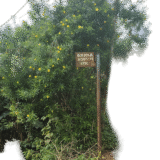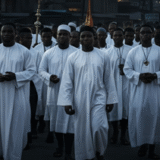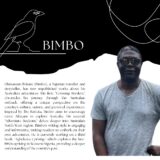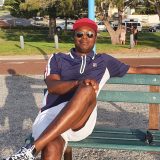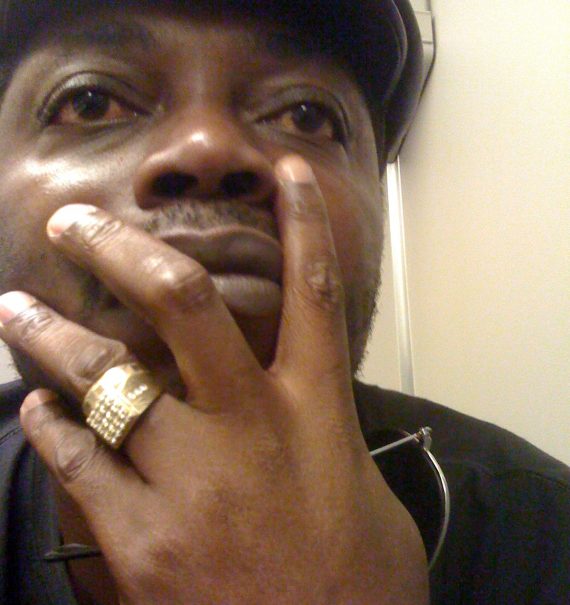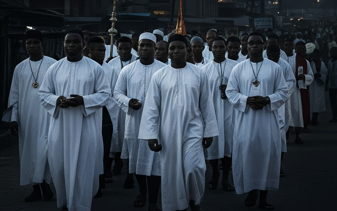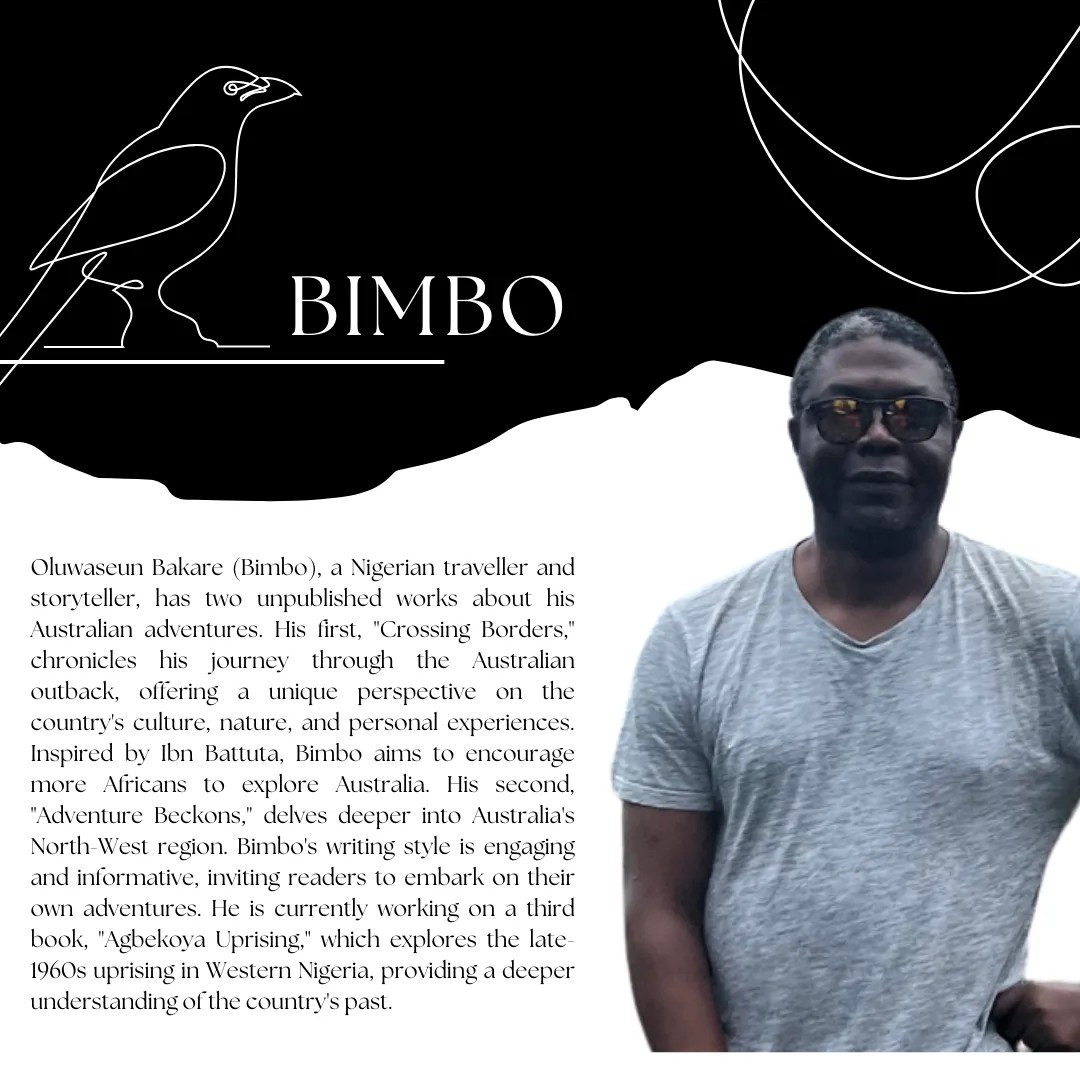David Finley
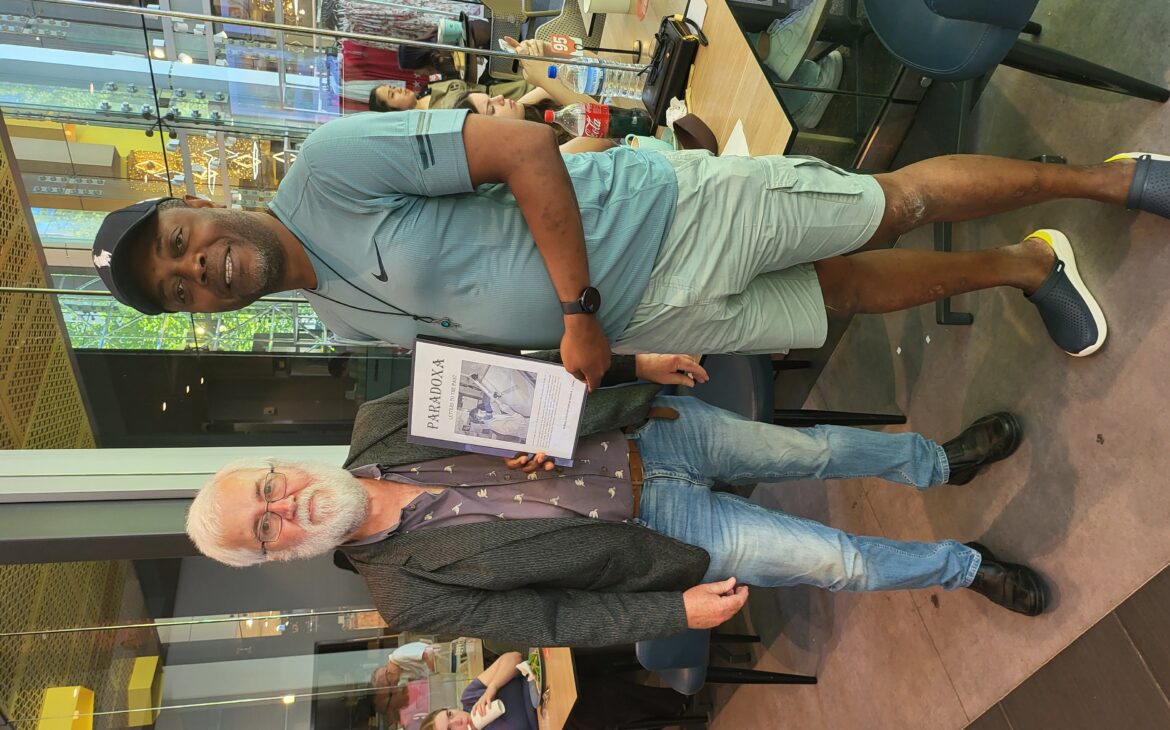
Time has always been a sticking point for him. As I turn the corner with the Coffee Shop barely visible ahead of me, I take a quick look at my wrist watch to check the time. It was 2 minutes to the hour. Satisfied that I am on time, I reduce my pace and walk more relaxed into the Coffee Shop.
As expected, he is already here, standing by the counter to place an order. I lightly tap him on his shoulders and he turns. Ok
His face is now full of white beards. No specks of grey or black anymore, akin to what you will find on Father Christmas. Luxurious and thick, the white hair covers the head and almost all the face.
His look cuts the appearance of a sage. And he is one, in many ways. We exchange pleasantries and take our seats. Around us is humanity, engaged in warm conversations and socialising, the very things that distinguish us from the beasts of the fields.
I had gotten to know David in 2013 when our quests for earning an a living uprightly threw us together to work on a project. From thence, I have continued to revel in amazement about the many things that set him apart.
But who is David Finley? An artist? An antique collector? A wood carver? An inventor? Who really is he? He is all these and more as he is also a poet and a writer. I had visited him in his house where he had shown me some of his creative works in wood carving and furniture making. I have gone to shows to listen to him reciting poems he wrote to the roaring applauses of the crowd. He has written a few books that I have read as well. One, specially captivating is his memoir.
Today, we are discussing his latest work, a one-of-a-kind book. Somehow, he had woken up with a crazy idea- to write letters to a hundred and eleven historically important personalities. Why a hundred and eleven, only Dave can tell. But the idea makes sense. Somehow. In these letters, he is discussing with each person what they did and asking for clarity, in some cases, about why they did what they did.
Since David doesn’t do the unchallenging, to make it worth his time his letters are not to contain anything that the personality would not have known as at the time they lived. Put simply, nothing that has happened since their death is discussed.
So, why write to the dead? Isn’t it conventional wisdom to let sleeping dogs lie and letting the dead rest in peace? I put the question to David and he explains that given that there is not much in written literature about many of these important people, it is his little way of changing that.
Paradoxa, he titles the book. A word that I hadn’t encountered in the lexicon and never heard of, not until now. It is an ancient Greek word that represents the plural of the word ‘Paradox’.
As expected, the work is not without challenges. Welcoming himself to my world, he explains how in researching the 111 people, every google search he made threw up majorly American and European names. Not one Chinese even though they built the Great Wall of China. No Mayan, even though their civilization built soaring pyramid temples that the world still cannot decipher how they did it. Oh, neither are there Zulus nor Egyptians with their practice that laid the foundation of modern medicine.
Information Bias is what this is called though in popular palance the word most likely to be used by many is discrimination. But thanks to a Netflix documentary that I had watched earlier, I do not fall into this category.
Joy Buolamwini of MIT Labs has done an excellent work presented as ‘Coded Bias’ on Netflix. She is a Canada-born and Mississippi-raised talented lady who has come to doubt her humanity when a facial recognition system fails to recognise her until she puts on a white mask.
There are a lot of questionable explanations that can be given for this but one that is certainly not questionable is that we birth kids that resemble us. Similarly, the works from our creativity reflect our biases, intentionally or not!
‘Until the lion learns to write every story will glorify the hunter’ is an African proverb that explains what is happening here. Given that the majority of contributors to the world wide web, the human library of a sort, are white male Americans. Surprised then that most things on the web represents American ideals world views and experiences?
Well, instead of wallowing in surprise, there is always the alternative – to change the narrative. It is for this reason that I take my foray into contributing to Quora and Wikipedia editing seriously.
Back to David, I tried to assuage his disappointment by explaining the above to him. I also pointed out that his Paradoxa falls into the same bias with no African heroes mentioned. To this, he quickly corrected me by pointing out Mandela in his book. To this, I only wish he could include more African heroes like Haile Selassie, Chaka the Zulu, the feminine Queen Amina of Zaria and a host of others.
In his defence, he explains he has made his entire selection on a much grander scale than race. He explains that he consciously spread his work and choices ensuring that he treat every group fairly.
Whatever result he ended up with falls within his entitlement to artistic license. It is what gives the creator the freedom of interpretation of his creation and could not be held strictly accountable for accuracy.
We finished our Coffee , took a few pictures, shook hands and parted ways with an agreement to meet sometimes again socially.
As I made my way to my next appointment, what I could think of is whether human traits are proportionally distributed across the world?
Taking talent or any other trait like heroism or leadership one will not be wrong to hypothesize that this would be found across the world in proportion to the human populations living on the continents. The world population data as at 2020 shows that 59.54% are Asians, 17.20% are Africans, 9.59% are Europeans, 7.60% are North Americans , 5.53% South Americas while 0.55% are Australians cum Oceanians. A fair God would likely have distributed talents in that proportion.
Igor Tulchinsky addressed this in an article he wrote for the World Economic Forum, summarising that Talent is worldwide but Opportunity is not and then asked how can we redistribute opportunity?
